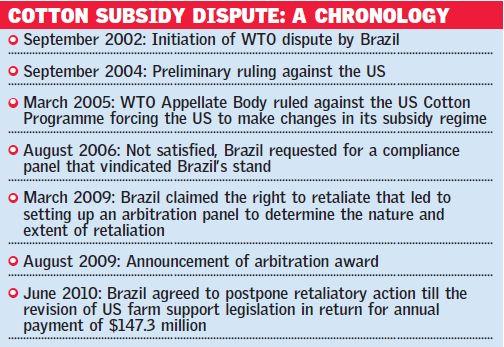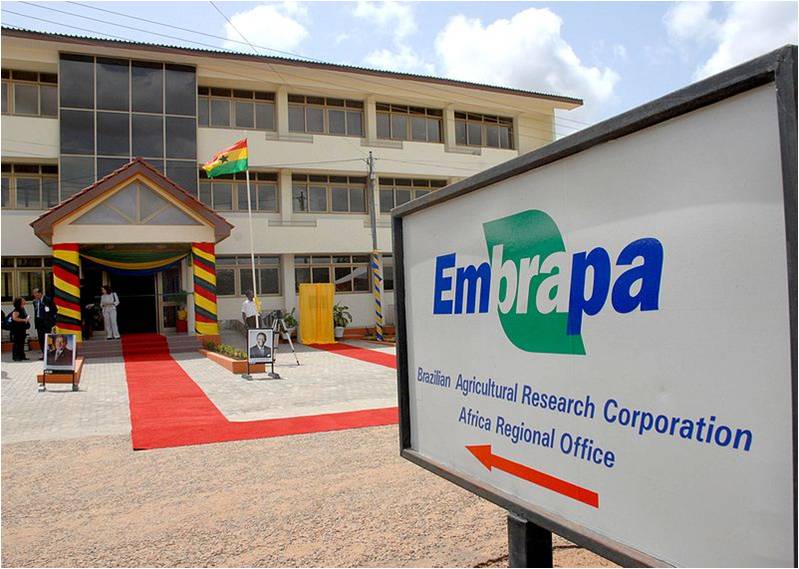
New research indicates that space-age technology and good old law enforcement may account for approximately half of the avoided deforestation in the Brazilian Amazon during the last six years.
The Climate Policy Initiative recently published, “DETERing Deforestation in the Brazilian Amazon: Environmental Monitoring and Law Enforcement,” authored by Juliano Assunção, Clarissia Gandour, and Romero Rocha, researchers at the Núcleo de Avaliação de Políticas Climáticas of PUC-Rio.
This rigorous policy evaluation research effort attempts to reveal a causal chain that links the space-age technology of Brazil satellite based, “Real-Time System for Detection of Deforestation or DETER with federal government law enforcement, through the Brazilian Institute for the Environmental and Renewable Natural Resources (IBAMA) to bring about increasing numbers of fines and other law enforcement sanctions that serve to discourage and prevent deforestation activities. This research suggests that such a causal chain, the result of a command and control public policy made possible by the creation of DETER by the Brazil’s National Institute of Space Research (INPE), is responsible for approximately one half of avoided deforestation in the Amazon basin between 2007 to 2011 through improved mechanisms for detecting and targeting law enforcement activities.
To reveal this causal chain, Assunção, Gandour and Rocha show that increases in the number of IBAMA issued fines led to measurable decreases in deforestation as measured at the municipal level. Accordingly, the authors conclude,
“The adoption of DETER-based monitoring and targeting of law enforcement significantly increased IBAMA’s capacity to identify and reach deforestation activity as it happens, thereby also increasing its ability to punish illegal deforestation (2013:4).”
Moreover, the increasing capacity of Brazil’s federal government to monitor deforestation and punish it does not measurably impact local agricultural, although it may prove to push agricultural activity toward more intensive, productive methods now and in the future.
The authors are careful to separate the positive impact of monitoring and law enforcement from the overall federal government policy, “The Action Plan for Prevention and Control of Deforestation in the Legal Amazon (PPCDAm),” enacted in 2004 to provide an integrated approach to preventing deforestation which includes DETER, but also features incentives for sustainable economic activities.
This working paper seems to highlight the increased capacity of IBAMA to target its law enforcement assets in the Amazon region through DETER to achieve remarkable results. As the authors note, “Deforestation [in the Amazon] observed from 2007 to 2011 was 75% smaller than it would have been in the absence of fines…” levied by IBAMA. Moreover, the authors’ research leads to the sensible conclusion that such monitoring and law enforcement activities pay for themselves and more. Accordingly,
“Assuming that IBAMA’s annual budget from 2007 to 2011 was $560 USD (value of the 2011 budget) and that INPE’s annual budget in the same period was $125 million USD (value of its 2010 budget), any price of carbon set above $0.76 USD/tCO-2 would more than compensate the cost of environmental monitoring and law enforcement in the Amazon (2013:19).”
The authors also imply that continued technological innovation to improve DETER detection of deforestation through cloud coverage could pay even larger dividends in terms of avoided deforestation, the expenses of which would be more than compensated by the international market for carbon offset credits.
The conclusions alone deserve intense policy debate in Brazil and around the world, but the methodological framework also deserves applause since it attempts to apply sturdy propositions associated with law enforcement research upon the Amazon and its five hundred plus municipalities (the level of analysis for the study). According to the authors, DETER’s inability to detect deforestation through cloud cover creates methodological rationale for comparing rates of IBAMA fines with deforestation rates at the municipal level, a methodological innovation worth greater scrutiny and recognition.
Overall, “DETERing Deforestation in the Brazilian Amazon: Environmental Monitoring and Law Enforcement,” deserves a close read, reflection, and a prominent role in relevant policy debates in Brazil and around the world.








